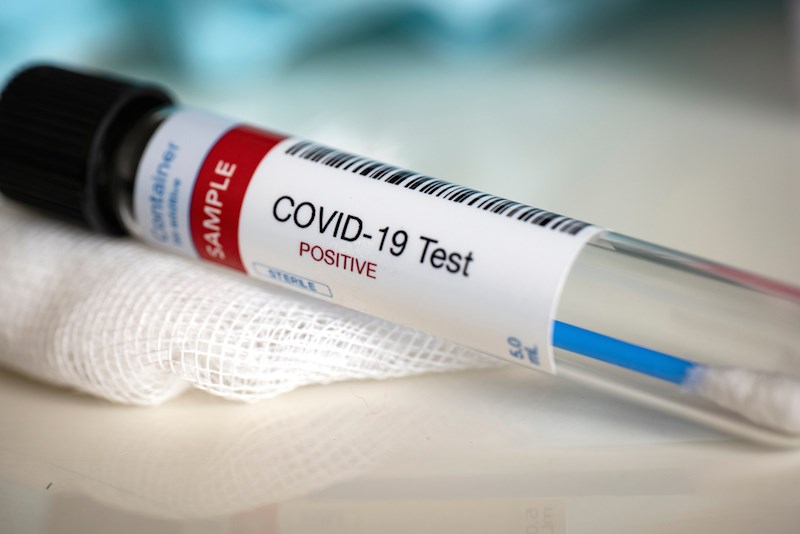With people panicking about COVID-19, more people are vulnerable to becoming victims of scams.
That’s the message from the Better Business Bureau, which has issued a list of scams targeting the public.
“Look out for fake cures, phony prevention measures, and other coronavirus cons,” said a news release.
Potential Scams
1. Fraudulent Health Products
Scammers are sending messages or creating websites with information about amazing products, including convincing testimonials or a conspiracy theory backstory. Currently, there are no approved vaccines or drugs to prevent coronavirus, although treatments are in development. Con artists are also impersonating the World Health Organization in phishing emails. These messages claim to have news about the disease and prompt readers to download malicious software.
Be wary of personal testimonials and 'miracle' product claims. Be suspicious of products that claim to immediately cure a wide range of diseases. No one product could be effective against a long, varied list of conditions or diseases. Also, testimonials are easy to make up and are not a substitute for scientific evidence.
2. Fake Charities
Scam emails try to con people into donating to fake fundraising efforts, claiming to be a government program to develop a coronavirus vaccine.
suggests that donors consider experienced relief organizations. New charities may have the best of intentions, but may face great challenges in fulfilling promises in another country. Also, see if the charity has existing connections to be able to deliver aid to impacted areas and ensure they clearly describe the intended use of funds.
3. Face Mask Con
As the coronavirus outbreak worsens, the BBB has received numerous reports about scam websites claiming to sell face masks online. As you strive to keep yourself and loved ones healthy, be sure to watch out for phony e-commerce sites and other scams. Unfortunately, phony online stores abound - especially when an item is in high demand.
When looking for face masks, be savvy about product claims. While wearing a face mask may seem like an easy way to stop the coronavirus from spreading, the does not actually recommend it for the general public.
Only buy from reputable stores and websites. The best way to avoid getting scammed is to buy them directly from a seller you know and trust. Check to see what other consumers’ experiences have been.
Be sure the online store has working contact information. Before offering up your name, address, and credit card information, make sure the company is legitimate. Look for a real street address, a working customer service number, and a positive BBB Business Profile.
Other considerations:
What to do if an Event is Cancelled
- Review the cancellation policy. Visit the venue’s website or contact the business. Given the uncertainty of this situation, each vendor or host is more than likely to have their own policy in handling refunds and exchanges or may offer a rescheduling option.
- Check your credit card company. If you had purchased tickets or made a reservation using a credit card and are being denied a refund from the vendor, contact the credit card company to dispute the charges.
- Check with the distributor of the tickets. For tickets or reservations that are purchased online, many refunds, according to the venue’s policy, will be automatically processed to the same card that was used for purchase. Check with the distributor to learn more.
- Review any ticket insurance purchased. If you purchased ticket insurance, review the fine print to see what is and is not covered. Understand that the policy may not cover things such as a pandemic and it may be outlined within the policy. The same advice would also apply for travel insurance.
- Contact the vendor. Issues with items such as airline tickets should be dealt with through the vendor where you made the original purchase. For example, if the ticket was purchased through Expedia, review and follow the cancellation policy on their website.
- Have patience. As this pandemic unfolds, it is difficult to tell how long it will continue and what the impact is going to be on everyone from event planners and vendors to businesses and consumers. If it is difficult to get through to customer service for a business or vendor, understand there are probably other people in your same situation.
- scams are the most riskiest scams across Canada for 2019, with victims losing up to $5000 per instance. Make sure the deals you consider are legitimate before paying or offering up your personal information.
Read more from the



